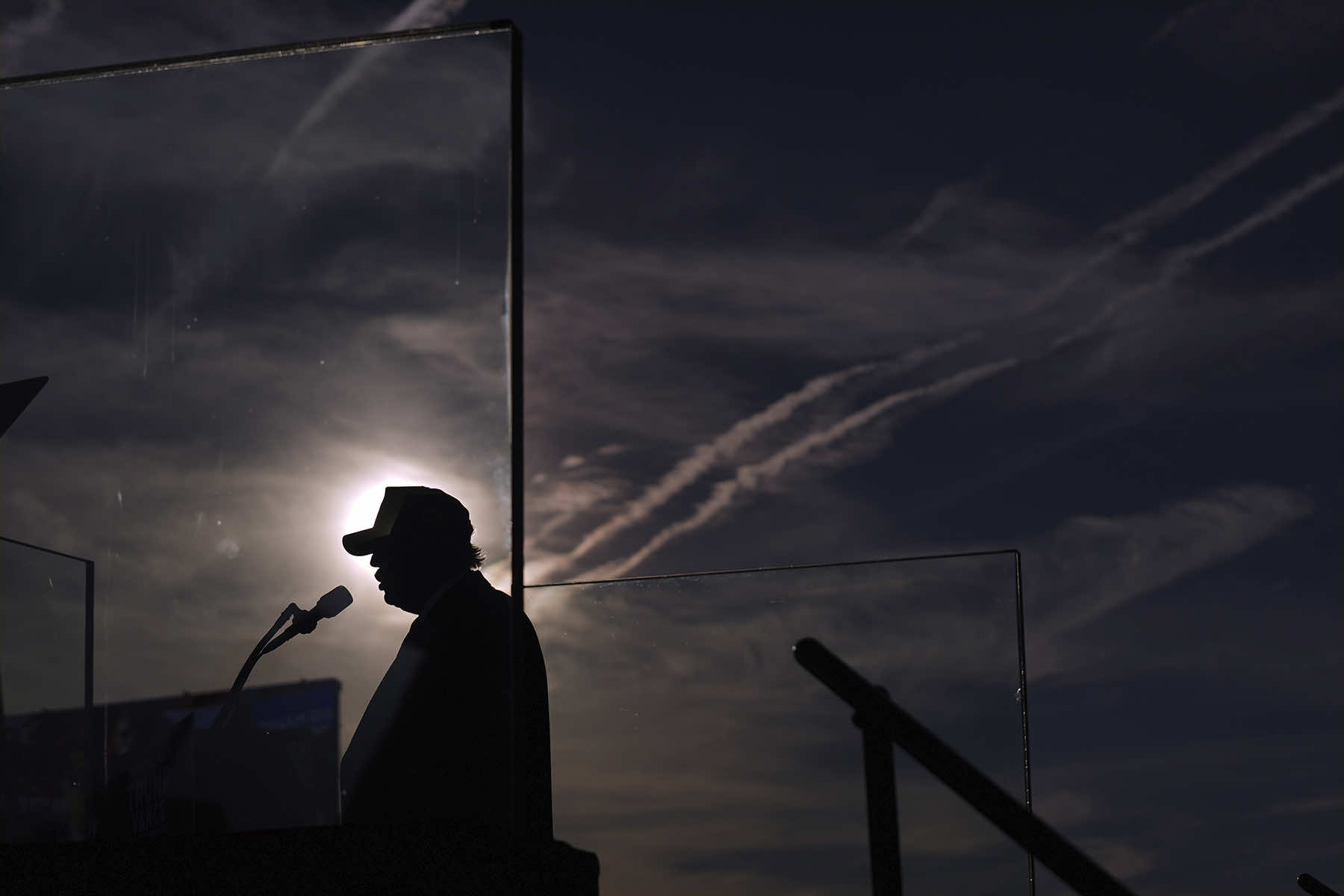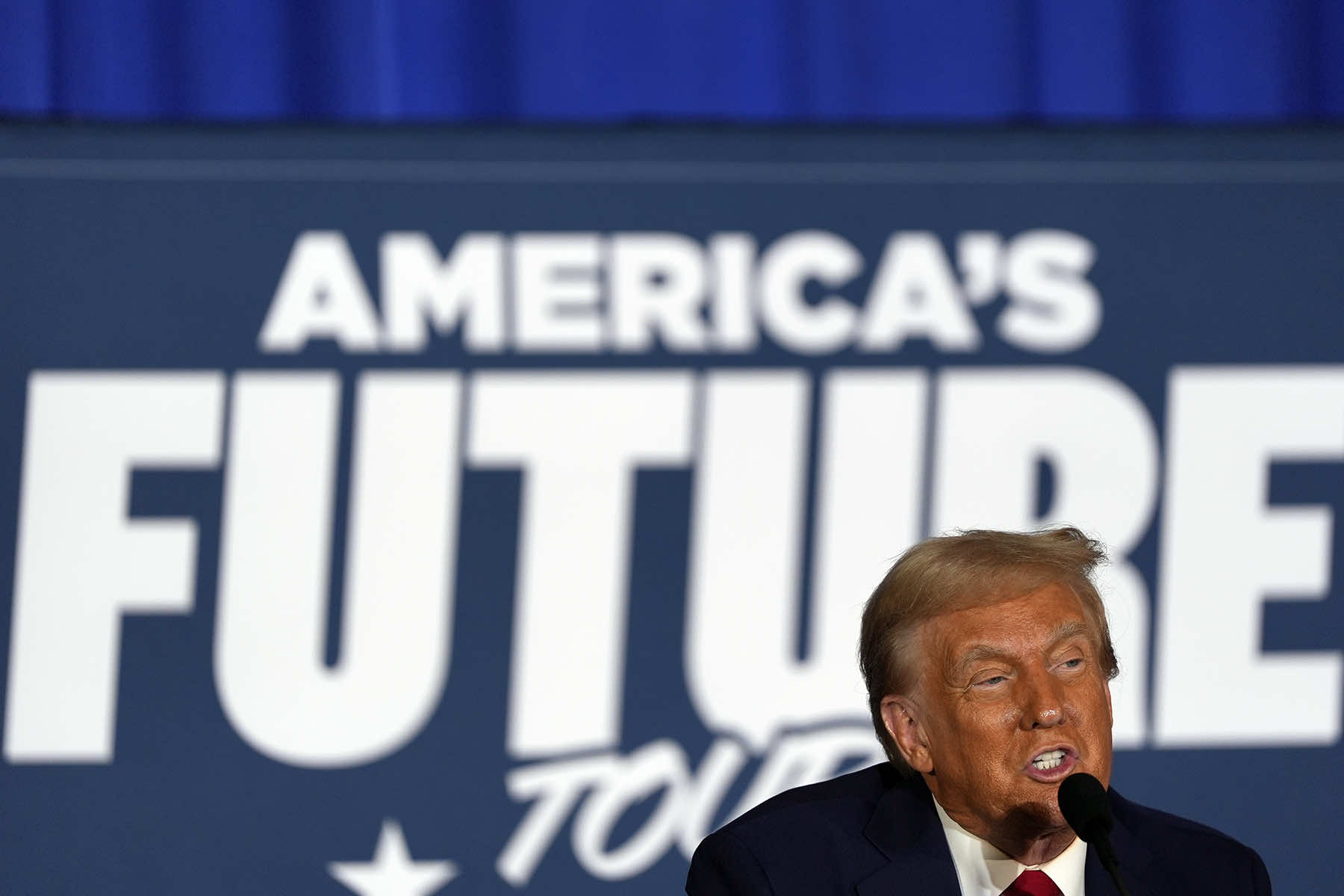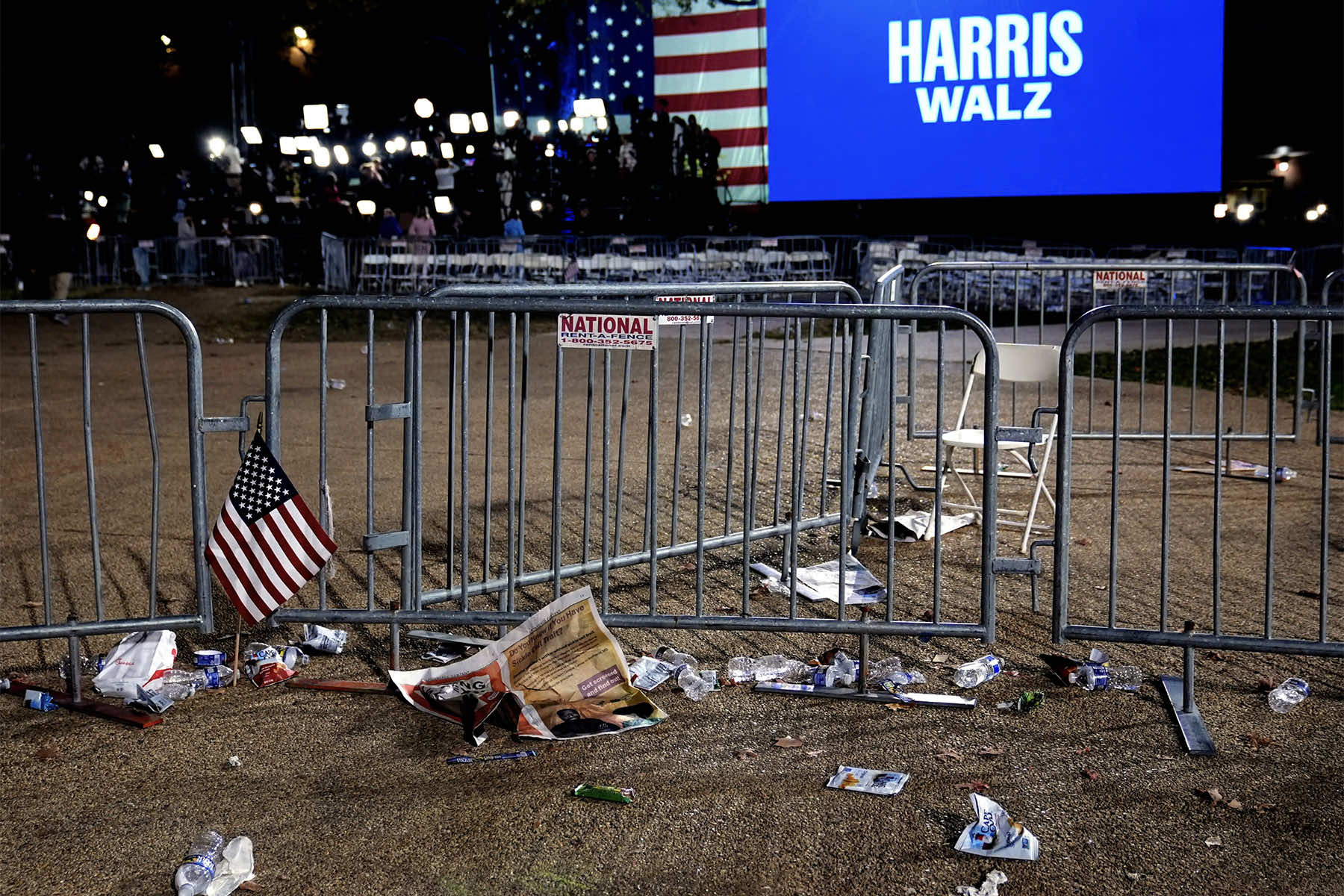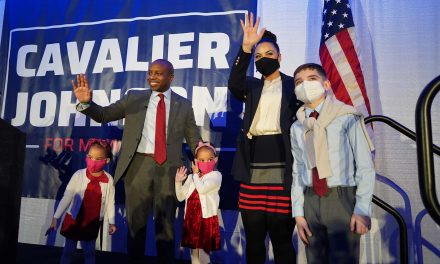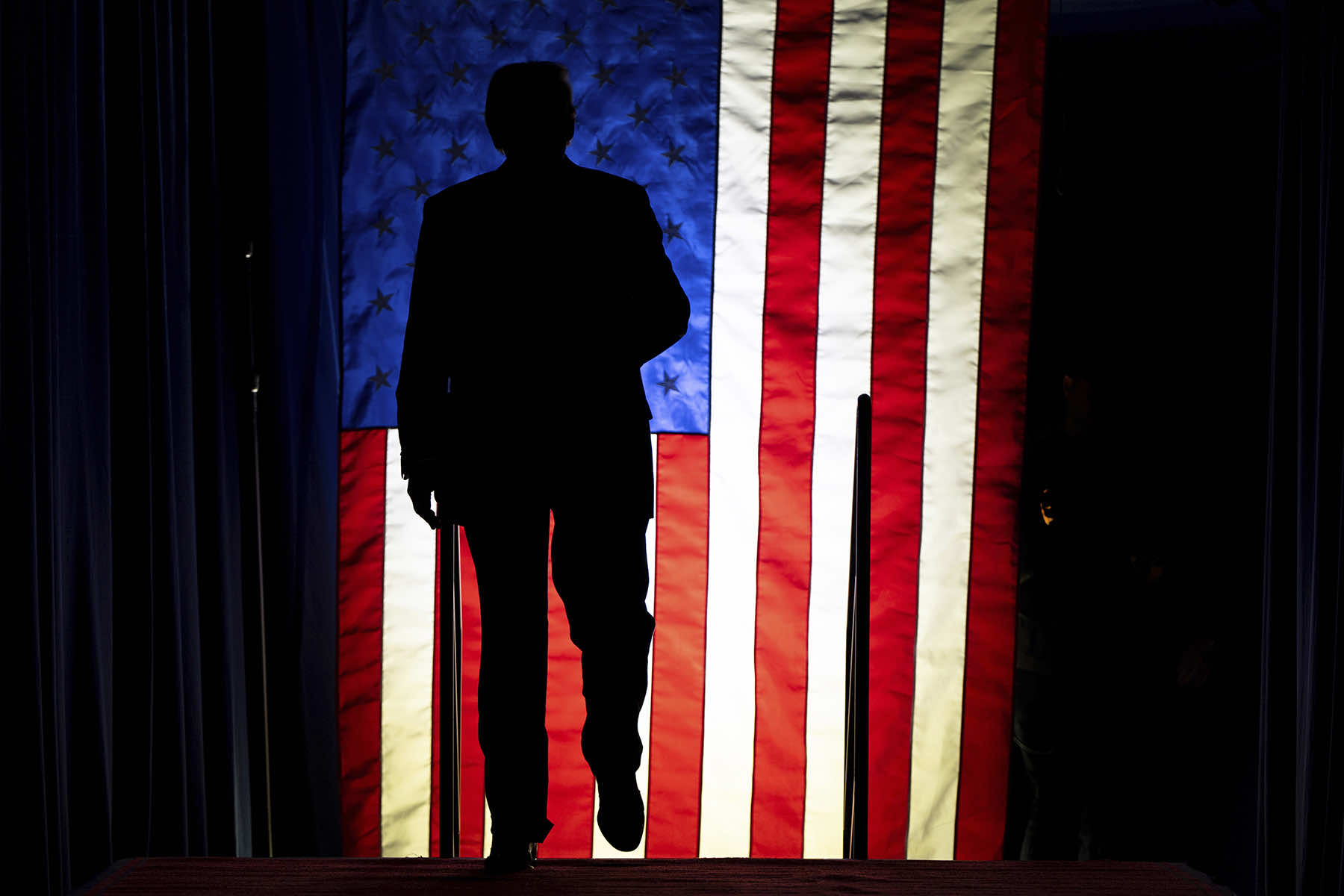
As final votes are counted in the 2024 presidential election, signs indicate that convicted felon Donald Trump is on the brink of winning re-election. If confirmed, the outcome will represent a seismic shift in American democracy.
It will also mark a moment of tragedy, as Americans decided with their votes to send a nation that represented hope and freedom into the dark ages, and away from a more inclusive, stable, and democratic future.
The election, unlike any other, has carried the weight of a nation’s history and sacrifice. To Trump’s supporters, a second term represents the reclamation of White Nationalistic values and a rejection of what they perceive as an overreach of progressive politics to guarantee a free and fair society.
But to many Americans and allies abroad, the potential re-election stands as a profound threat to the principles that countless people have fought and died for since the nation’s founding in 1776.
Today, America finds itself at a crossroads, with millions feeling as though the nation has turned its back on decades of hard-won progress, and turned its back on the future.
TURNING AWAY FROM DEMOCRACY’S CORE
At the heart of the disappointment is the clear understanding that Trump’s return to office represents a rejection of the very foundations of American democracy. For centuries, Americans have fought wars, marched in the streets, and risked their lives to protect the principles of equality, justice, and the rule of law.
The 2024 election outcome seems to echo a disturbing trend toward isolationism, authoritarianism, and a retreat from democratic norms. Experts contend that a Trump re-election signals an endorsement of divisive rhetoric, a disregard for democratic checks and balances, and a prioritization of power over principle.
Since his first term, Trump’s political style has challenged the traditional norms that underpin American culture and its guiding democracy, from attacking the press and judiciary to questioning the integrity of elections themselves.
“In 2016, I declared: I am your voice,” Trump said at a CPAC as he relaunches bid for White House. “Today, I add: I am your warrior. I am your justice. And for those who have been wronged and betrayed: I am your retribution.”
His critics fear that a second term will embolden these tendencies further, eroding institutional safeguards and leaving the democratic system more vulnerable than ever. That is why strong support for him by Americans is nothing less than a rejection of the democratic values that underpin American society.
“Every vote for Trump in this election is a vote against the sacrifices of those who came before us,” said one political historian. “This is a collective decision to ignore the hard-earned lessons of history, to prioritize short-term gains over long-term stability.”
A DIVIDED NATION
Trump’s re-election highlights the country’s deep divisions, with the rural-urban divide, racial tensions, and economic inequalities more pronounced than ever. Rural regions, often predominantly White and more conservative, have largely backed Trump, seeing his leadership as a return to “real” American values.
In contrast, urban centers, often more diverse and progressive, overwhelmingly oppose Trump, fearing the consequences his leadership could bring to marginalized communities.
The stark cultural divide reflects two competing visions of America: one that seeks to preserve a nostalgic, often exclusionary ideal of a nation that built its fortune on the backs of enslaved people and another that envisions a more inclusive society where everyone is created equal. That tension has manifested in social unrest, protests, and even violence, leaving scars that are not expected to heal after the election.
The COVID-19 pandemic exposed these divisions more deeply. Rural areas often resisted restrictions and resented the mandates seen as coming from liberal urban centers, viewing them as infringements on their freedoms. Cities, meanwhile, suffered the brunt of COVID-19’s impact in the early days, dealing with higher death tolls, overwhelmed hospitals, and economic hardship.
The divisions fostered during the pandemic have lingered and have been exacerbated by Trump’s racist rhetoric, which often pits Americans against each other rather than uniting them.
ALLIES ABROAD EXPRESS DISAPPOINTMENT
The prospect of a second Trump term has caused concern among allies who once looked to the United States as a beacon of democracy and stability. International leaders have watched America’s democratic institutions withstand assault after assault over the past few years, from attacks on voting rights to challenges against the judiciary, and many have grown increasingly wary of relying on the U.S. for global leadership.
“America used to be the example we pointed to when talking about democracy,” said one European diplomat. “Now, it’s an example of what can happen when democratic values are taken for granted. It’s deeply disappointing to see so many Americans endorse this approach.”
In recent years, the United States has increasingly turned inward, focusing on “America First” policies that have strained long-standing alliances and weakened the global fight for democracy and human rights. Many worry that a second Trump term will accelerate this trend, creating a vacuum in global leadership that authoritarian regimes around the world may quickly fill.
SACRIFICES FORGOTTEN
The 2024 election also represents a tragic disregard for the sacrifices of those who fought for American democracy. From the soldiers who stormed beaches in Normandy to Civil Rights activists who risked their lives in the American South, generations of Americans have stood up for the ideals of freedom, equality, and justice. Each fought to make the nation a more inclusive, fair place for future generations. For many of these veterans, activists, and their families, a Trump re-election is a betrayal of their sacrifice.
“People died for our democracy, for the right to vote, for the hope of equality,” said a Vietnam War veteran who spoke on condition of anonymity. “This re-election feels like a slap in the face to everyone who believed in a better America.”
Critics argue that Trump’s appeal is rooted in a nostalgic vision of America that ignores the reality of the sacrifices made to improve it. Instead of honoring the past by building on it, a Trump victory appears to be turning back the clock, appealing to hate and fear rather than the higher ideals of freedom that so many have fought to uphold.
THE RISKS AHEAD
A Trump re-election comes with undeniable risks for the future of American democracy. Many fear that a second term will embolden the same forces that led to challenges to the 2020 election results, creating a culture where election denial becomes the norm, and where democratic processes are viewed as obstacles to be overcome rather than sacred rights to be protected. The erosion of trust in democratic institutions will have lasting consequences, weakening the foundation of the American political system and setting a dangerous precedent for future leaders.
The implications for marginalized communities are also severe. Many worry that a Trump victory will lead to policies that disproportionately harm people of color, immigrants, and the LGBTQ+ community, as his administration focuses on “Christian values” that often exclude these groups. The fear is that the protections and progress achieved over the years will be rolled back, leaving these communities more vulnerable than ever.
If Trump’s re-election is confirmed in the hours and days ahead, Americans who believe in the principles of democracy, equality, and justice will face a challenging path forward. The election, perhaps the last of the United States of America as a democracy, is a reminder of the fragility of the republic and the need for vigilance in protecting its values. Those who oppose Trump’s vision of “dark America” will need to find ways to advocate for the ideals of freedom and humanity that were abandoned in this election.
As the final votes are counted in crucial battleground states, the prospect of a Trump re-election will be a seismic moment in American history, a moment that will reshape the nation’s path for years to come. For many, it is a painful reminder that democracy is not guaranteed and that the freedoms generations made sacrifices to secure can be threatened not only by external forces but by internal decisions.
Americans now face the challenge of reconciling with a deeply divided nation and grappling with the consequences of ending a democracy. Many Americans have shown they are willing to fight for democracy and preserve the future, but not enough. A majority of Americans instead chose to abandon the Constitution and embrace a dark future controlled by a sociopathic narcissist.
© Photo
Evan Vucci (AP), Susan Walsh (AP), and Julia Demaree Nikhinson (AP)

